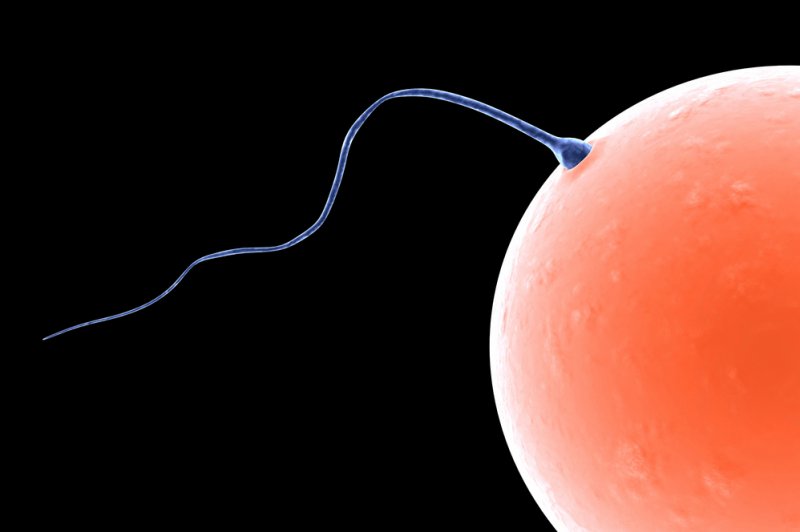
Aug. 18 (UPI) — The likelihood of a live pregnancy following fertility treatments declines when the potential father is over age 50, a study published Wednesday.
Among men undergoing in vitro fertilization and intra-cytoplasmic sperm injection, the probability of a live birth for those over age 50 was 33% lower than for younger men, according to the data by Acta Obstetricia et Gynecologica Scandinavica.
The decline in live birth rates was independent of the woman’s age, the researchers said.
“Our study showed that live birth and clinical pregnancy are negatively affected by paternal age over 50 years,” the researchers, from the Center for Reproductive and Genetic Health, wrote.
This is “irrespective of the cause of infertility,” they said.
About 1 in 7 couples in the United States are infertile, the Mayo Clinic estimates.
Male fertility declines with age, and increasing paternal age has been associated with an increased risk for pregnancy complications, including gestational diabetes, and may affect child health, research suggests.
Potential causes of infertility in older men include low sperm count, blockages that prevent the movement of sperm and sperm with an abnormal shape, according to Mayo.
However, despite these issues, delayed parenthood is becoming more common globally, the Center for Reproductive and Genetic Health researchers said.
Although a prior study of 19,000 IVF treatment cycles found that success rates for the procedure fell to 46% when the potential father was age 40 to 42 , little is known about the effectiveness of these procedures in men 50 and older.
For this study, the researchers reviewed pregnancy outcomes following nearly 5,000 IVF and intra-cytoplasmic sperm injection treatments, involving about 4,300 men, performed at the clinic.
Of these treatments, 1,974, or about 40%, resulted in a live birth.
However, 42% of men over age 51 had a sufficient sperm count after treatment to produce a live pregnancy, based on World Health Organization criteria.
Among men under 51, 61% had an adequate sperm count following treatment, the researchers said.
As a result, the probability of live birth decreased by 33% with paternal age over 50, though paternal age over 50 was not associated with an increased risk for miscarriage.
“Paternal age over 50 significantly affects the chance of achieving a live birth following assisted reproductive technology,” the researchers wrote. “There should be a public health message for men to not delay fatherhood.”